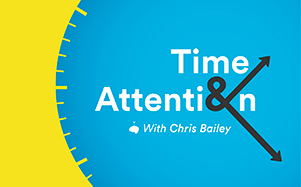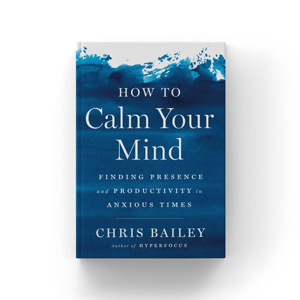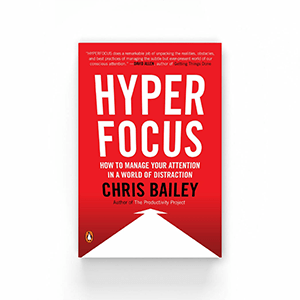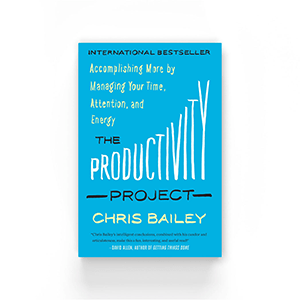Estimated Reading Time: 3 minutes, 5s.

Over the last few years, I’ve noticed time has started to move more quickly.
Of course, the days always tick forward at the same speed—we just relate to them differently over time. I recently indulged a curiosity, and dug a bit into exactly how we perceive time, as well as what we can do to stretch the minutes further. Does time always fly by faster as we get older?
What I discovered surprised me. Time does, in fact, pass more quickly as we get older—but we’re also able to reverse that feeling.
There’s a curious reason for this timely speed-up. It’s similar to how a return journey feels like it takes half as long as the trip there. Return journeys are familiar, not new and novel. We pay less attention to them, and as a result, process the experience less deeply.
The newer and richer your experiences, the slower time passes. You’ve probably experienced this in your own life. When you were a kid, every experience was new and rich—each friend you made, every conversation you had, and each time you got in trouble was a unique and memorable experience. Your teenage years likely brought another onslaught of novel experiences: your first kiss, first drink, or first serious girlfriend or boyfriend. Typically, the older we get, the fewer new and novel experiences we have. Like driving back home after a long road trip, the route is more familiar. We recognize the landmarks and milestones we’ve already passed, and this second experience is less rich and new.1
The amount of dopamine (a pleasure chemical) found in our brain also steadily declines as we get older, starting in our 20s. Research has found that dopamine helps regulate how we perceive time—the more dopamine that is present in our brain, the slower time passes.2 (Conveniently enough, our brain releases dopamine each time we experience something new and rich.)
In reflecting on this research, I noticed I spend much of my day immersed in familiar things. I listen to the same podcasts, play my favorite iPad games, and bounce between a few apps, consuming social media updates similar to ones I’ve consumed in the past. These habits are neither new or rich.
While many distractions are novel, few are as rich as completely new experiences—talking to a stranger in a cafe, traveling to a place we’ve never been before, or going skydiving for the first time. Distractions make time pass more quickly and lead us to fill the gaps in our day with what’s familiar.
Two ways to slow time
I discovered the solution to this is two-fold:
- Seek as many new and novel experiences as possible;
- Savor what’s already familiar.
Seeking new and novel experiences lets us slow time. Instead of going through the motions, we do things we’ve never done before—activities that are rich and release dopamine in our brain. Each new meal, thing we learn, and place we visit is an opportunity to slow time. We step outside of what’s comfortable.
Savoring what’s familiar does something similar. Instead of spending our time on autopilot mode, we notice the richness embedded in our familiar routines. Choose something familiar that you experience regularly—drinking your morning coffee, picking up your kids from daycare, or chatting with a coworker—and make a concerted effort to savor, and be grateful for that experience. I personally find meditation, more than almost anything else, helps me savor these small things every day.
If you feel like time is passing too quickly, you’re not alone. Seeking new and novel experiences, and savoring the familiar, is the antidote.
Source: A Quora response from Jean Paul Zogby, the author of The Power of Time Perception. ↩
Source: The New York Times. ↩




